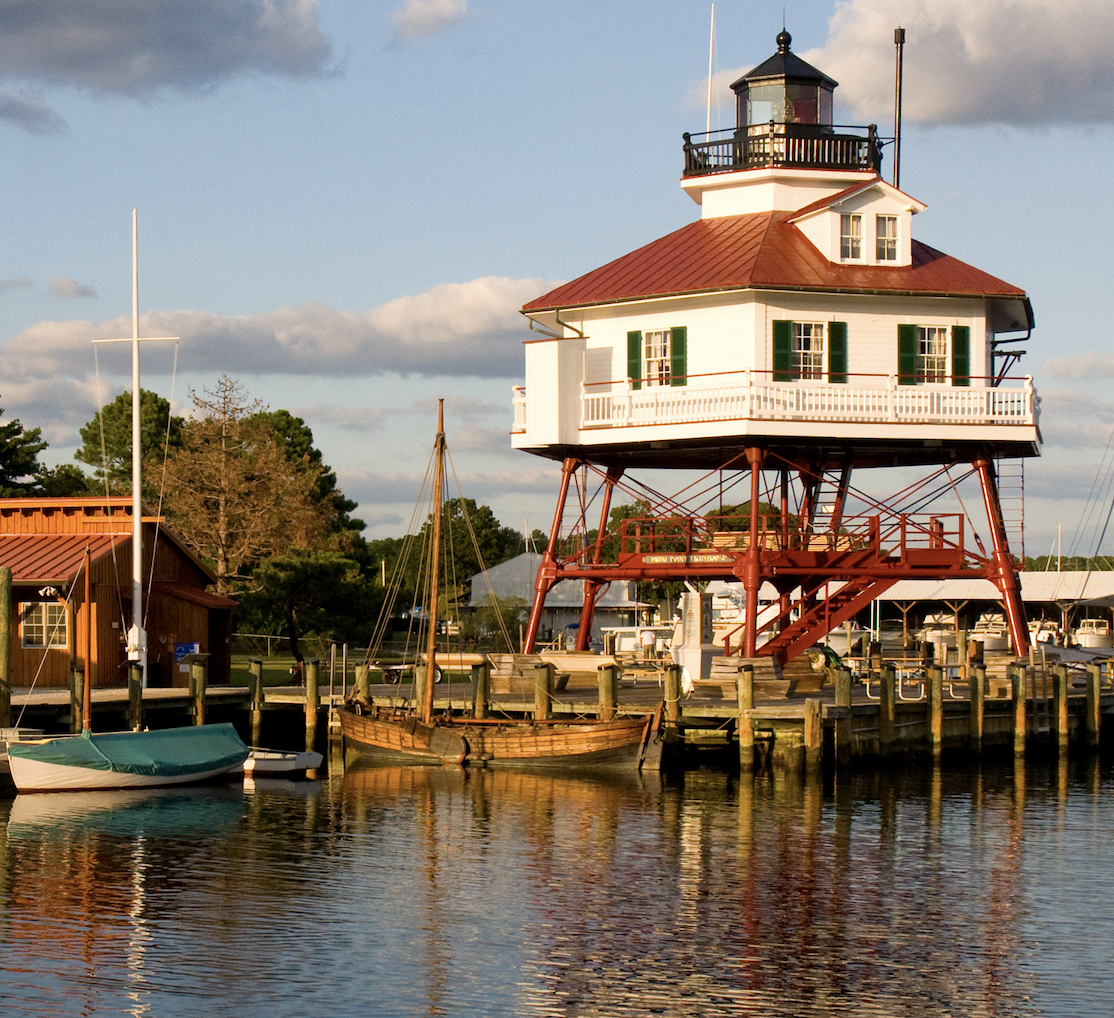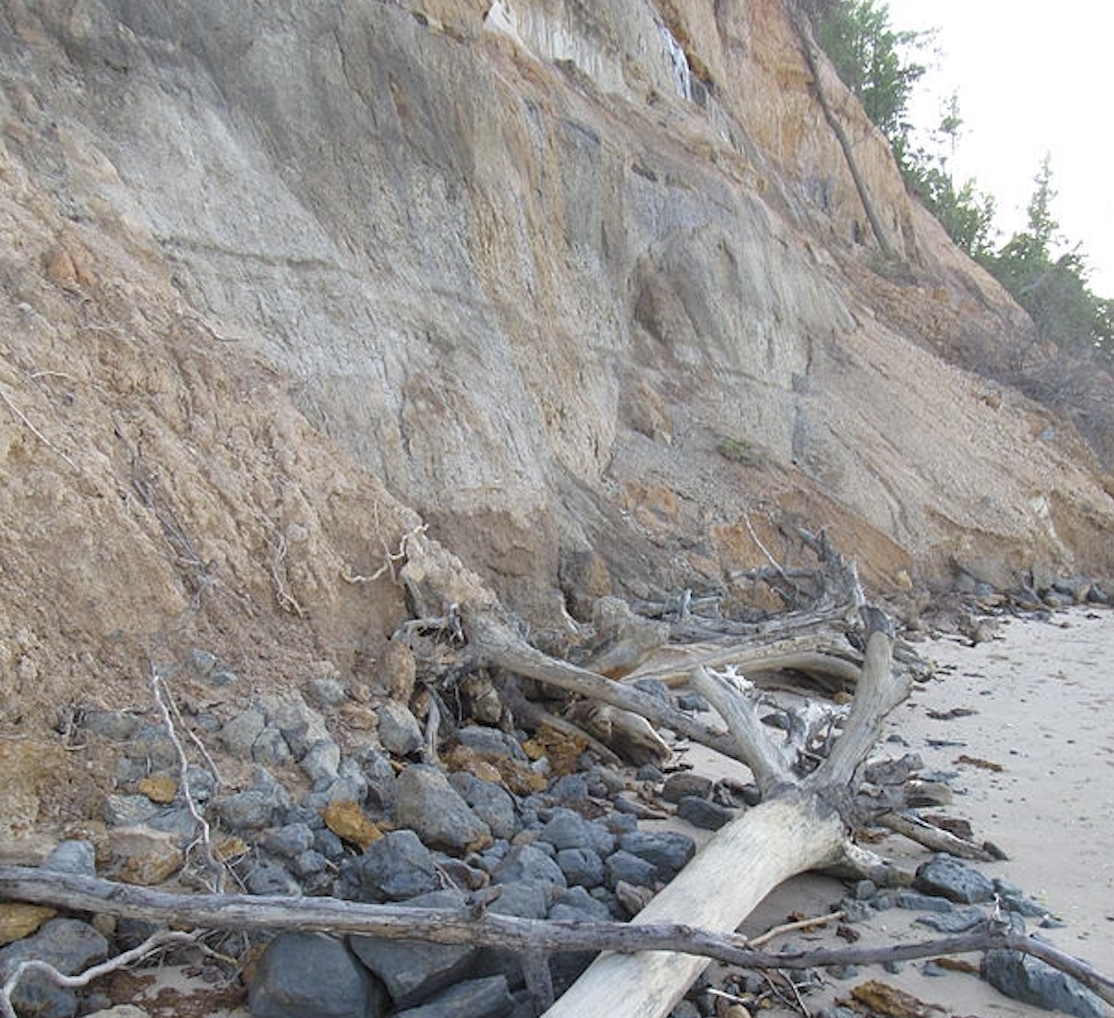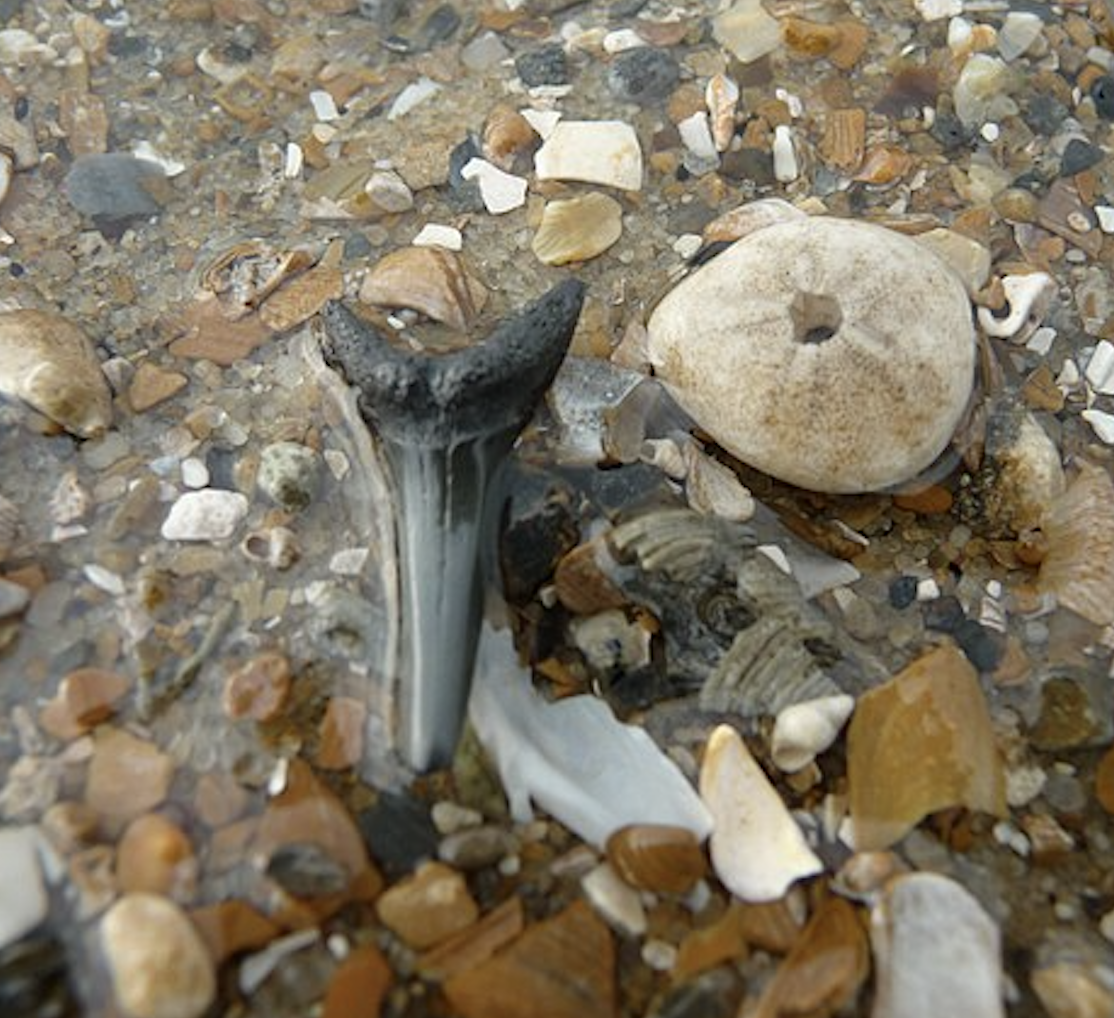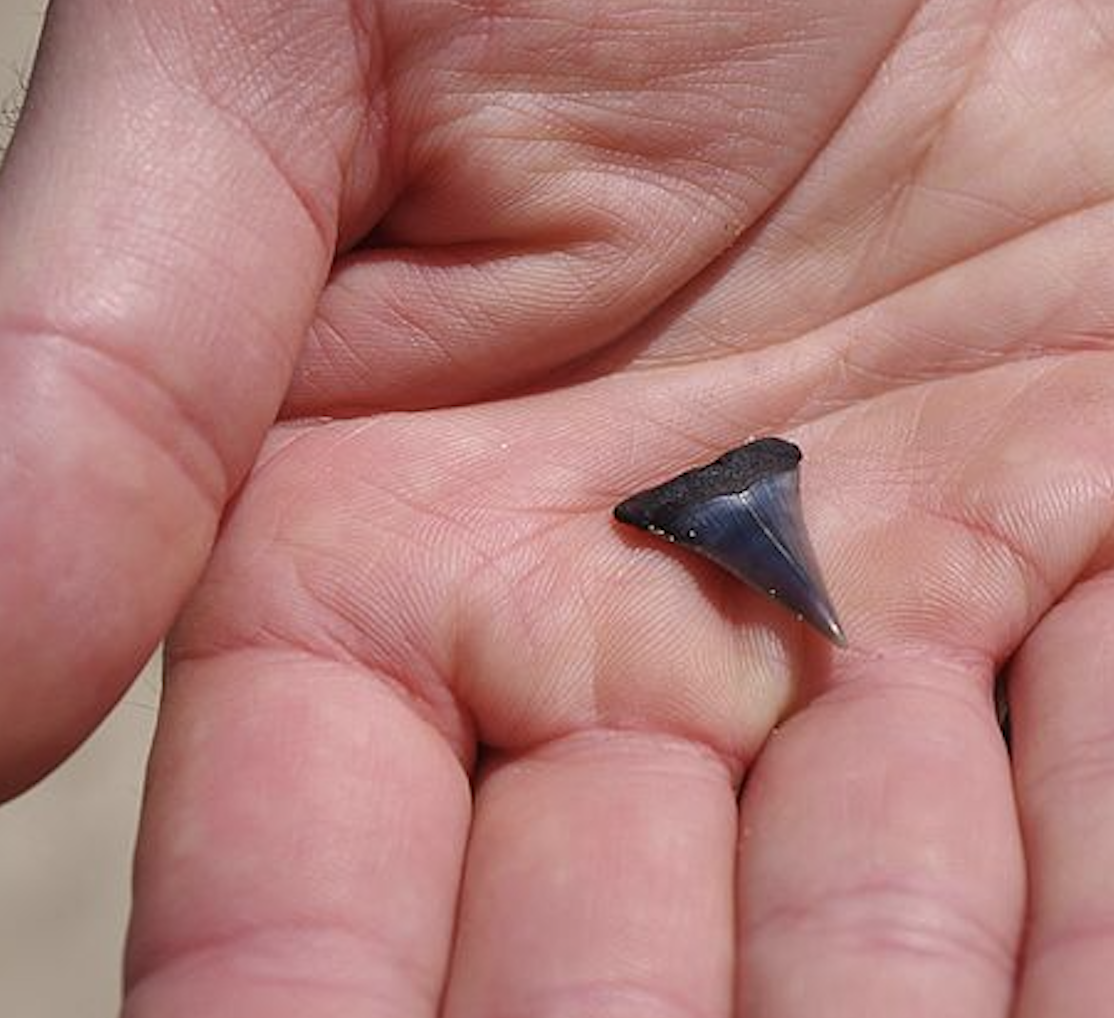In addition to the workshops that are the cornerstone of the ABLE conference, attendees will have opportunities to explore select biological and cultural resources available regionally through organized experiential learning opportunities. Previously referred to as “excursions,” this year we are adopting a name change to reflect their importance as an integral part of the ABLE conference.
Tuesday Experiential Learning Opportunities
Tour of the University Farm – One of the special resources available to our students is the centrally located Department of Animal and Avian Sciences Campus Farm. The farm represents experiential learning at its best, providing essential hands-on learning opportunities for our students. Throughout the year, the ANSC Campus Farm will house horses, sheep, dairy cows, and occasionally pigs, chickens, or beef cattle. The farm features three main barns, a poultry house, two outdoor teaching arena, an equipment shed, and an office.
The guided tour of the Campus Farm will provide access to areas not typically open to the public. This ELO can have a maximum of 20 participants, and will meet at 2:45 pm in the BRB. (Free)
Guided Campus Arboretum Tour – Our campus was designated the UMD Arboretum and Botanical Garden in 2008, and in 2019 became an ArbNet Accredited Level IV arboretum with over 4,500 individually labeled trees. The goals of our Campus Arboretum are to:
- Display our campus landscape, forestry, plants, and natural heritage dating from the Univesity’s beginnings to the present,
- Educate our community and visitors about our campus’s natural environment, and
- Model UMD’s vision of a green university.
The Campus Arboretum tour will cover a portion of our campus gardens including the pollinator friendly garden, the native shade gardens, and the Woods Hall rain garden.
We will meet at 1:15 pm in the BRB for a one hour tour. This ELO can have a maximum of 20 participants. (Free)
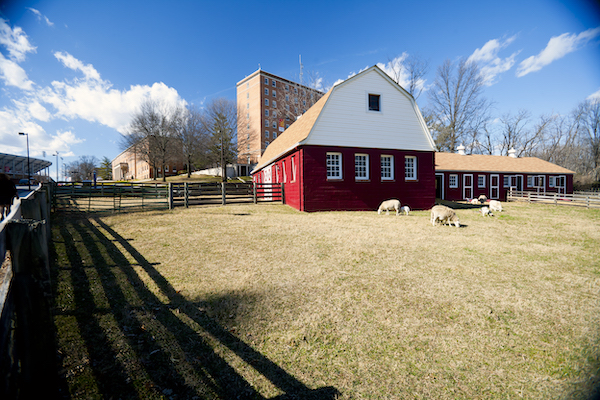
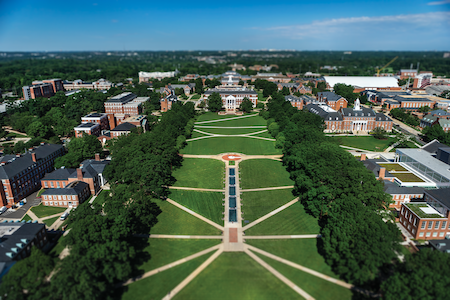
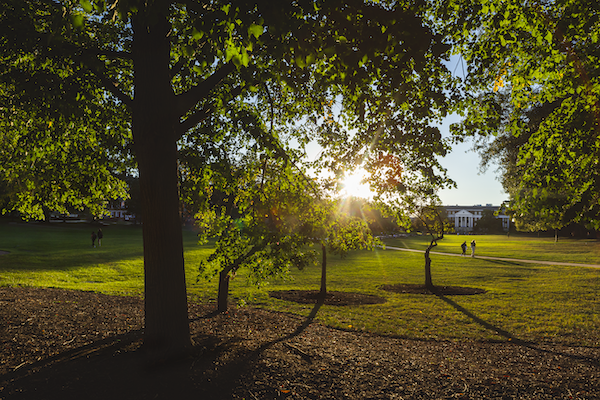
Saturday Experiential Learning Opportunities
The National Mall – There are over a dozen museums on the National Mall in downtown Washington, D.C., for visitors to enjoy. From this central location, participants can also explore many interesting monuments and historic sites. Highlights for biologists include the National Museum of Natural History and the U.S. Botanic Garden. We will offer two options for this trip.
Option 1 (Semi-guided): We will get you on the train in the morning (8:30am) and lead you to the Museum of Natural History on the National Mall. From there you will be on your own for the day to explore the museums, monuments, or whatever you choose. Your guide will meet everyone back at Natural History at closing time (5:00pm) and accompany you back to College Park (unless you make other arrangements). This includes transportation between campus and the metro station (campus buses do not run on Saturday) each way, and a 1-day unlimited Metro pass. Cost: $25.
Option 2 (On your own): If you are comfortable with exploring on your own, we will provide you with a 1-day unlimited Metro pass and let you do your thing (you will be responsible for getting yourself to the Metro station and back from/to wherever you are staying). Cost: $13.
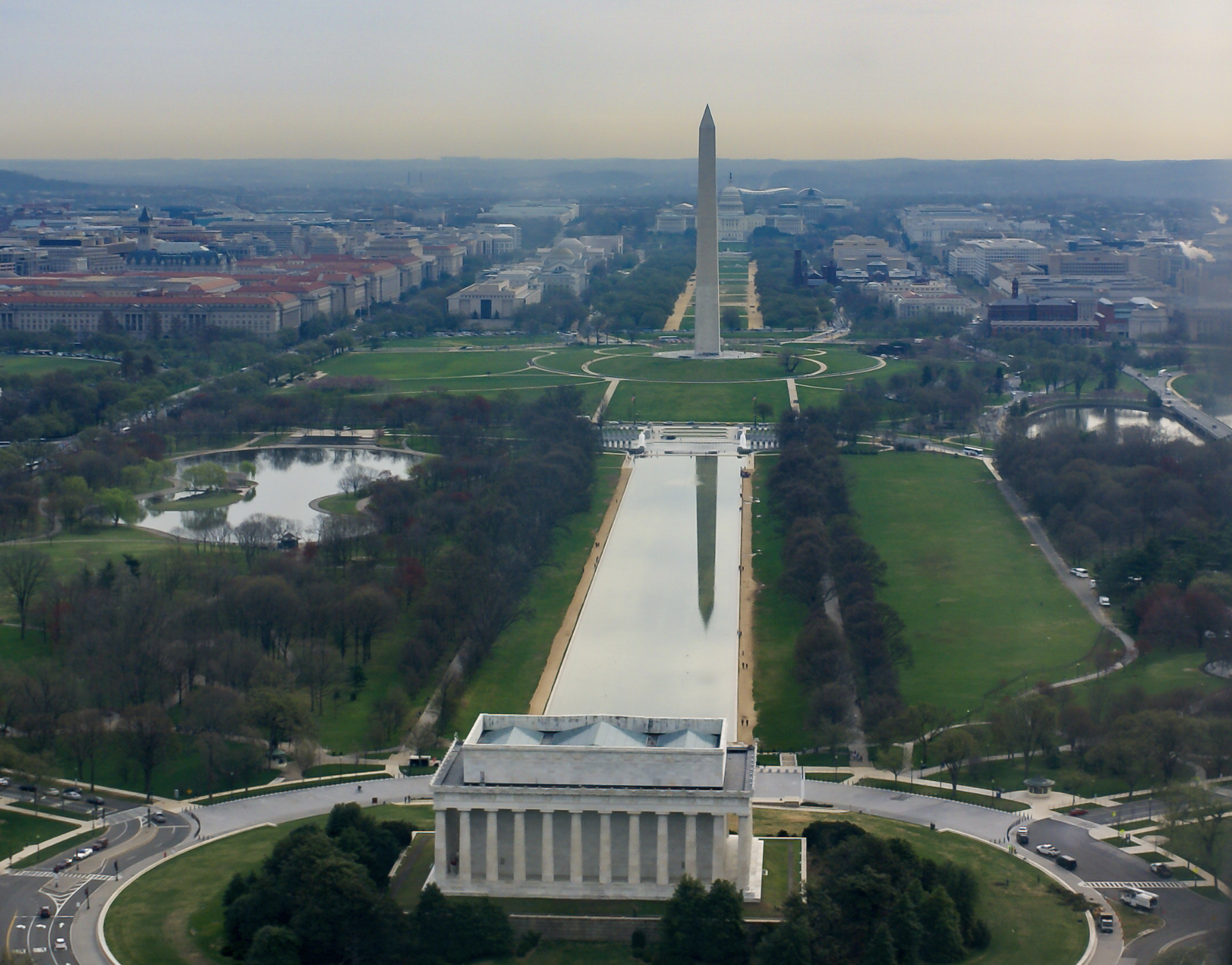
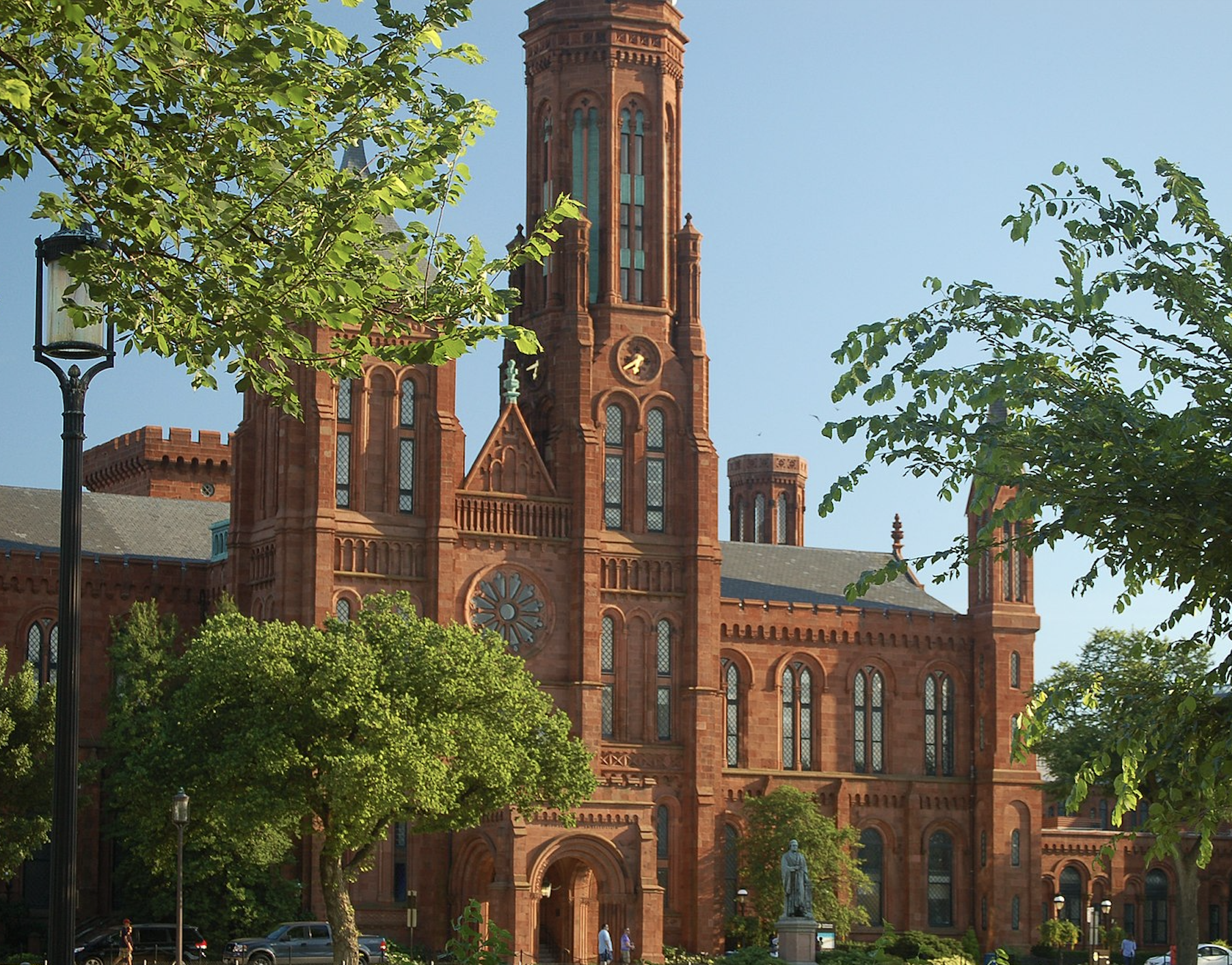
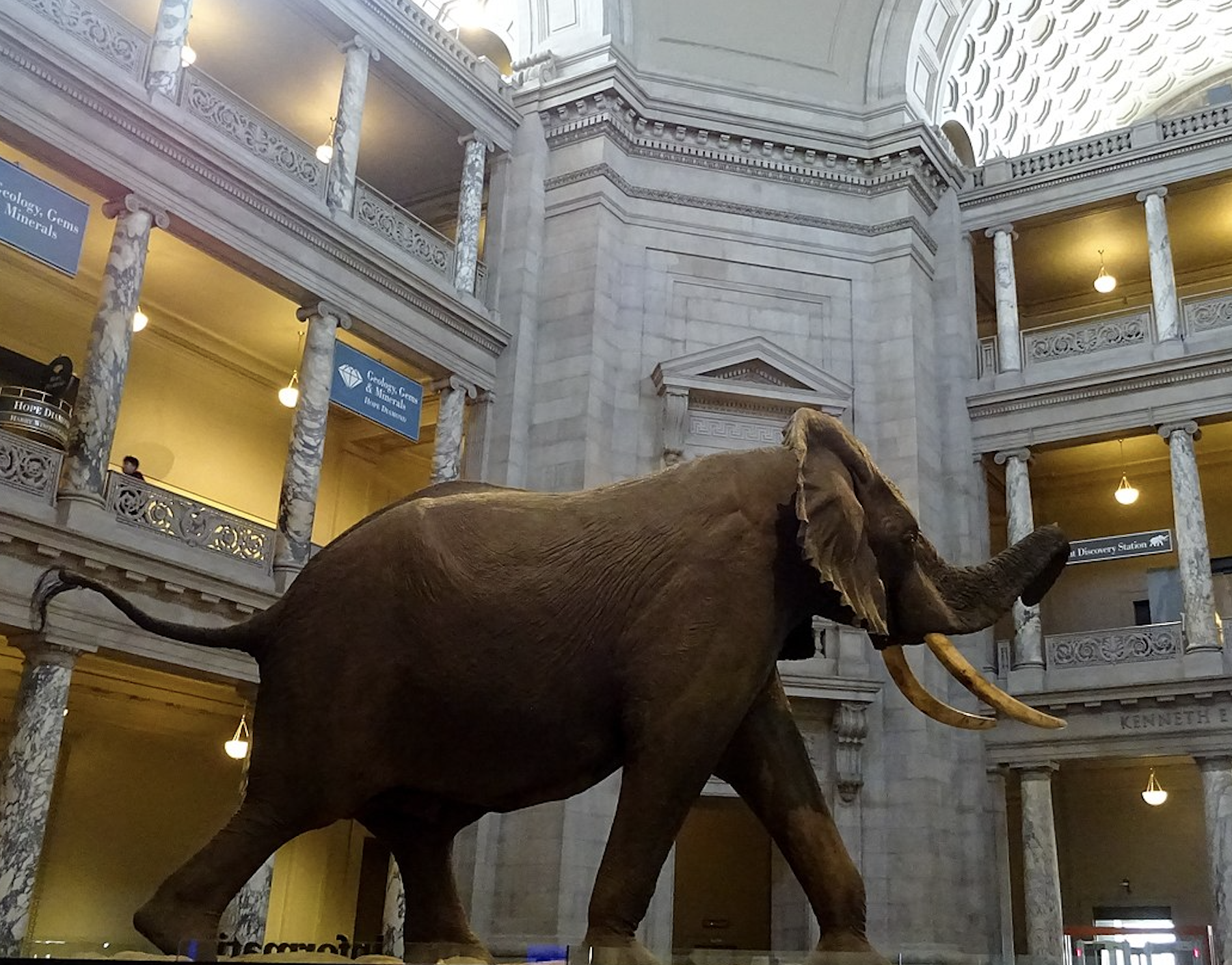
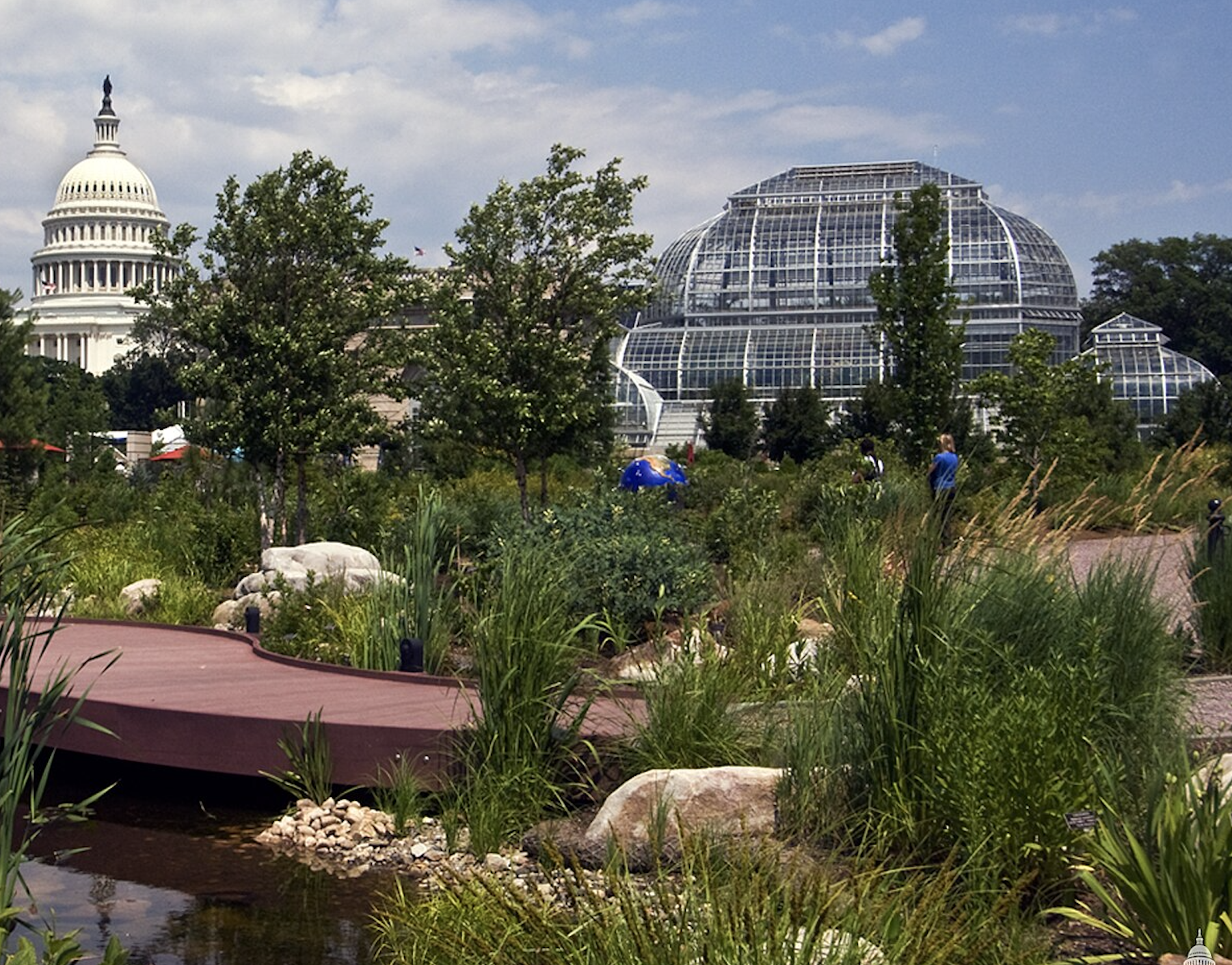
• Smithsonian Environmental Research Center –
The SERC ELO is now FULL.
Spend the day at SERC in Edgewater, Maryland. This promises to be a fun and educational day exploring the Chesapeake Bay region at one of the Smithsonian’s research centers. The Smithsonian Environmental Research Center leads research on coastal ecosystems to provide science based knowledge to inform real-world policy decisions and best business practices to meet the environmental challenges of the 21st century. Headquartered on the Chesapeake Bay, the nation’s largest estuary, SERC sits just 25 miles from the nations-capital. Its 2,650-acre campus spans forests, wetlands, marshes, and 15 miles of protected shoreline. The site serves as a natural laboratory for long-term and cutting-edge ecological research.
We will be going on a 2.5-3 hour canoe excursion along the shorelines of SERC and scenic Muddy Creek. Along the way, you will learn about SERC research, explore the shoreline, and look for local wildlife. Basic paddling instruction will be provided. Back on land we will join SERC staff for a behind-the-scenes tour at the Global Change Research Wetland (GCReW), a 70-hectare brackish marsh that has been host to a number of long-term experiments examining the effect of global climate change on marsh ecosystems. Established in 1987, GCReW is the longest running experiment of its kind and has provided scientists with a glimpse into the future to understand how climate change will impact these important coastal ecosystems. On this tour, we’ll learn more about the history of these experiments and see the beautiful marsh and incredible infrastructure that makes this important research possible.
Transportation, lunch, drinks, and snacks are included on this trip. This will be an all day trip – the exact schedule will be posted closer to the meeting. This ELO will have a limit of 35 participants. Cost: $120 per person.
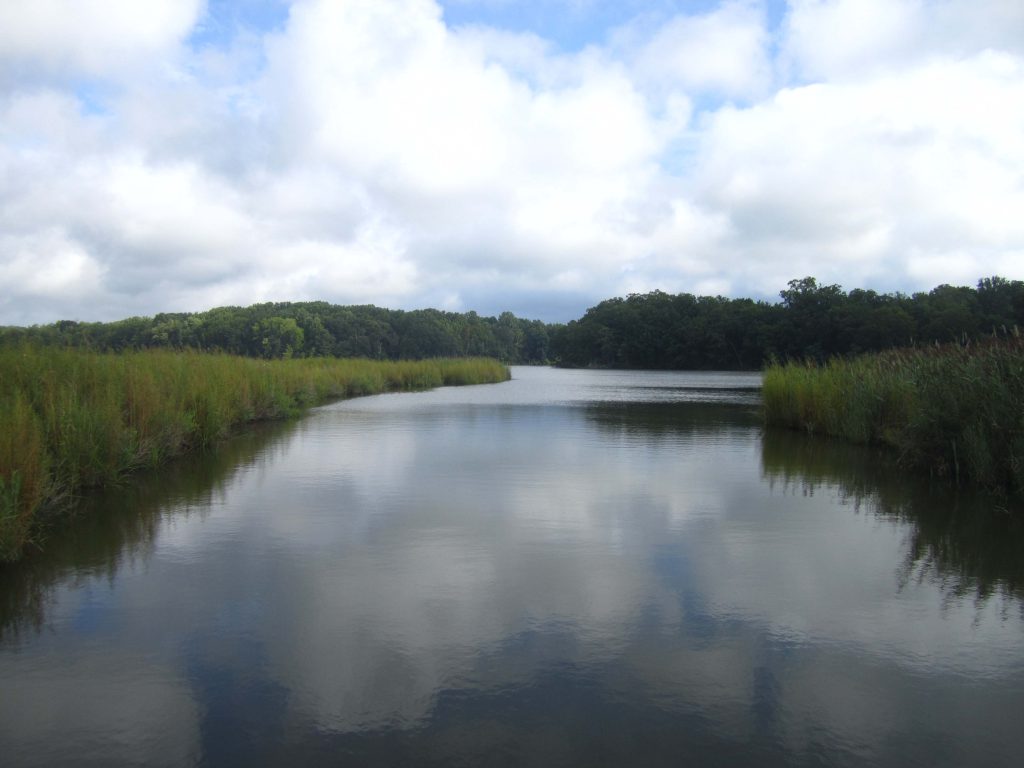
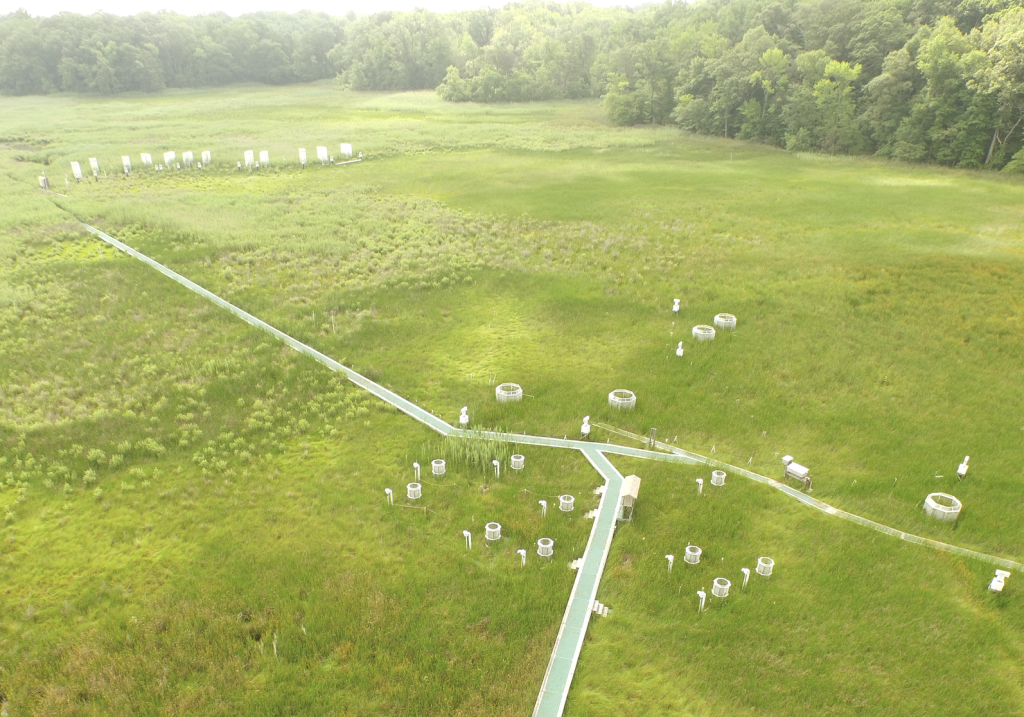
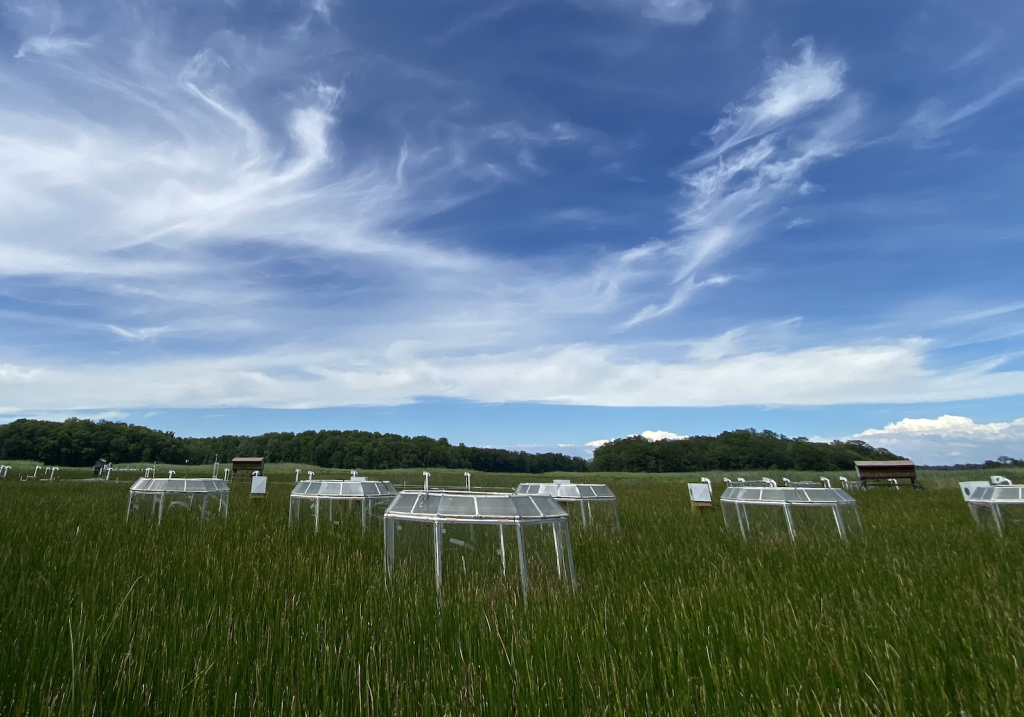
• Calvert Cliffs and Calvert Marine Museum –
The Calvert Cliffs ELO is now FULL.
The western shore of the Chesapeake Bay is home to one of the most famous fossil beds in the world. Stretching for about 24 miles, the Calvert Cliffs provide access to Miocene (10 – 20 Ma) sediments rich with fossils of sharks, rays, whales, invertebrates, and many other organisms. As fossil collecting goes, this is about as easy as it gets – these specimens can be collected from the beach – in fact, you are not allowed to dig into the cliffs. The best part is that, unlike many fossil rich areas, you can keep whatever you collect!
On this full-day excursion we will visit the Calvert Marine Museum and then head to Calvert Cliffs to search the beach for Miocene fossils. We will leave College Park around 7:30 am, stop for grab-and-go breakfast, and head down to the Calvert Marine Museum in beautiful Solomons Island, Maryland. After an introduction and tour from one of the museum’s paleontologists, you will have the rest of the morning to explore the museum. We will have a picnic lunch at the museum (included) before heading to a local beach to collect fossils. The area we are visiting is not open to the public so this is a rare opportunity to collect a fantastic site. We will be accompanied on the trip by a paleontologist from the Museum and the guy who literally wrote the book(s) on the sharks of the Calvert Cliffs, University of Maryland’s Principal Lecturer Emeritus Brett Kent. They will give us plenty of expert instruction on how to find and identify fossils, and can answer any questions you have about the biology and paleobiology of the region. Our collecting time centers around low tide – which will be about 4:00 pm. This means that we won’t be back to College Park until the late evening. Water and snacks will be provided.
WARNING – This is an active trip. Although it is a beach, there are often fallen trees and piles of fallen sediment to climb over. You will need to wear clothing and shoes that can get wet and dirty. Old sneakers are best for the beach – no bare feet or flip flops as there are plenty of sharp shells and bits of broken glass that will ruin your day. Please keep in mind that it will likely be hot and humid out there. We will send participants a full list of what to bring as the trip gets closer.
This ELO will have a maximum of twelve participants. Cost: $85 per person.
